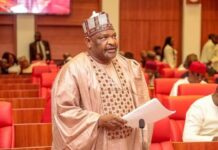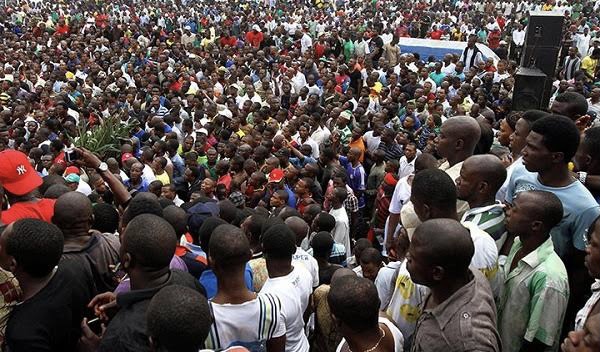Data from a recently released public opinion poll conducted by NOIPolls has pointed at the top three important governance issues Nigerians expect the government to focus on in the year 2024.
The poll outcome showed that the top issues citizens want government at all levels to prioritise include; security (52 percent), job creation (46 percent) and electricity (40 percent).
Other areas Nigerians want the government to focus on to solve the challenges in the areas include price regulation (36 percent), reconsideration of subsidy removal (30 percent), economy (20 percent), agricultural sector, and education both tied at (19 percent), Infrastructure (11 percent), giving of soft loans (7 percent) and upward review of the minimum wage (5 percent) amongst other areas mentioned by adult Nigerians.
The poll noted that the frightening spate of insecurity in Nigeria has become a liability for the government as it is their sole responsibility to secure the lives and properties of Nigerians.
Apart from pointing out how the upsurge in violent crimes is crippling economic activities across the nation, the poll observed that there is an obvious link between the insecurity in Nigeria and the living condition of its citizens.
It noted that the widespread insecurity in the country has led to the disruption of agricultural activities which is the largest employer of labor and the largest economic sector in the country (25.9% of GDP in 2021).
NOIPolsl similarly stressed that agriculture, which provides input for various manufacturing companies has been adversely affected by the chronic insecurity in the country.
The poll found that: “Nigeria’s high food inflation rate, which stood at 17.2% in March 2022, is largely attributed to the increasing scourge of insecurity in the country’s Northern region. Beyond the agricultural sector, unemployment generally especially amongst those within the youthful age has become worrisome. The incidence of high unemployment in Nigeria can be attributed to the slow pace of job creation, which has been considerably weaker than labor force growth. Keeping Nigerians engaged and productive, especially the younger population will reduce the incidences of excessive behaviors and criminality.”
The poll analysis similarly identified what it described as the bothersome trend of epileptic electricity supply in Nigeria, which has remained grossly inadequate hence affecting household and commercial demands.
“Nigerians self-generate a significant portion of their electricity with highly polluting off-grid alternatives and at a cost that is more than twice the cost of grid-based power. How can the Nigerian people and industries be globally competitive without access to affordable and reliable power?”

























